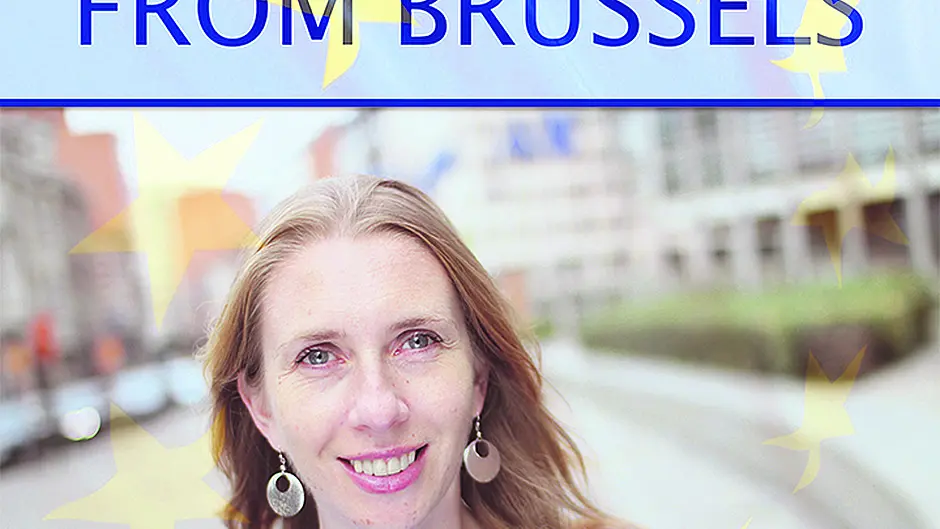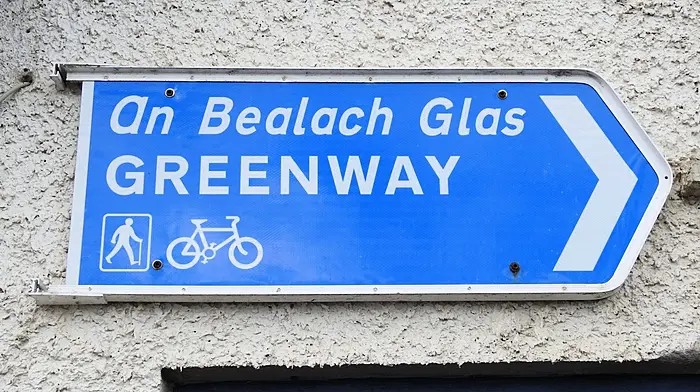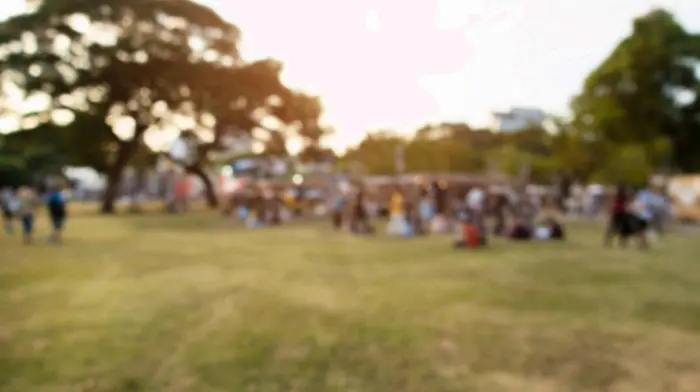Letters from Brussels with Rose O'Donovan
EUROPEAN heads of state and government agreed that the EU would spend more on defence, stemming illegal migration and the Erasmus+ programme at an informal summit in Brussels on February 23rd.
A number of EU leaders also stressed the importance of Cohesion Policy and the Common Agricultural Policy (CAP), investment in research and innovation and pan-European infrastructure.
Speaking to reporters after the preliminary discussion on the first post-Brexit budget late on the Friday evening, European Council president, Donald Tusk, underlined that ‘budget negotiations are always difficult ... but this time the debate is taking place in a different geo-political context throughout Europe, with Brexit in mind.’ The former Polish premier said leaders approached the debate with an ‘open mind rather than red-lines,’ with around 14 or 15 Member States including Germany’s Angela Merkel stating their readiness to increase their contributions to the next budget cycle (2021-2027), though no specific figures were discussed.
Other more hawkish net contributors, such as the Netherlands, Denmark, Austria and Sweden, reiterated that they wanted the EU long-term budget to remain capped at 1% of the Community’s Gross National Income (GNI). All leaders were willing to work on the modernisation of the EU Budget and its priorities, Tusk added.
On Brexit, he stated the UK’s approach to the next stage of Brexit negotiations seemed to be based on ‘pure illusion,’ saying London was still trying to ‘cherry pick’ its future relationship with the EU and joining a ‘single market à la carte.’ He confirmed that Council would adopt draft guidelines on the future EU-UK relationship at the March Summit (22nd and 23rd) ‘whether the UK was ready or not.’
For his part, Commission boss Jean-Claude Juncker said the first key leaders’ debate on the future budget post-2020 was constructive, acknowledging that the EU ‘will have to make cuts in Cohesion and CAP to address key challenges such as defence, external borders and immigration.
He also urged countries to adopt a ‘new approach to existing policies.’ In terms of timing, Juncker called on all sides to conclude talks by the next European elections in May 2019: ‘If we don’t agree before June 2019, we will have consequences,’ he said.
Tusk stated all sides pledged to speed up work on the long-term budgetary perspectives once the proposal is unveiled on May 2nd, but conceded the Commission’s ambitious deadline of reaching agreement by the year’s end ‘seems really difficult.’ The EU’s largest farm lobby Copa-Cogeca has repeatedly called on EU leaders to maintain the CAP budget at current levels in the next Multi-annual Financial Framework (MFF) post-2020.








